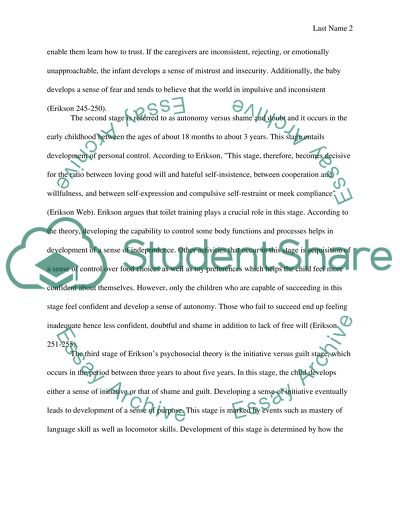Cite this document
(“Erik H. Erikson's Psychosocial Theory Research Paper”, n.d.)
Retrieved from https://studentshare.org/psychology/1457406-erik-h-erikson-s-psychosocial-theory
Retrieved from https://studentshare.org/psychology/1457406-erik-h-erikson-s-psychosocial-theory
(Erik H. Erikson'S Psychosocial Theory Research Paper)
https://studentshare.org/psychology/1457406-erik-h-erikson-s-psychosocial-theory.
https://studentshare.org/psychology/1457406-erik-h-erikson-s-psychosocial-theory.
“Erik H. Erikson'S Psychosocial Theory Research Paper”, n.d. https://studentshare.org/psychology/1457406-erik-h-erikson-s-psychosocial-theory.


